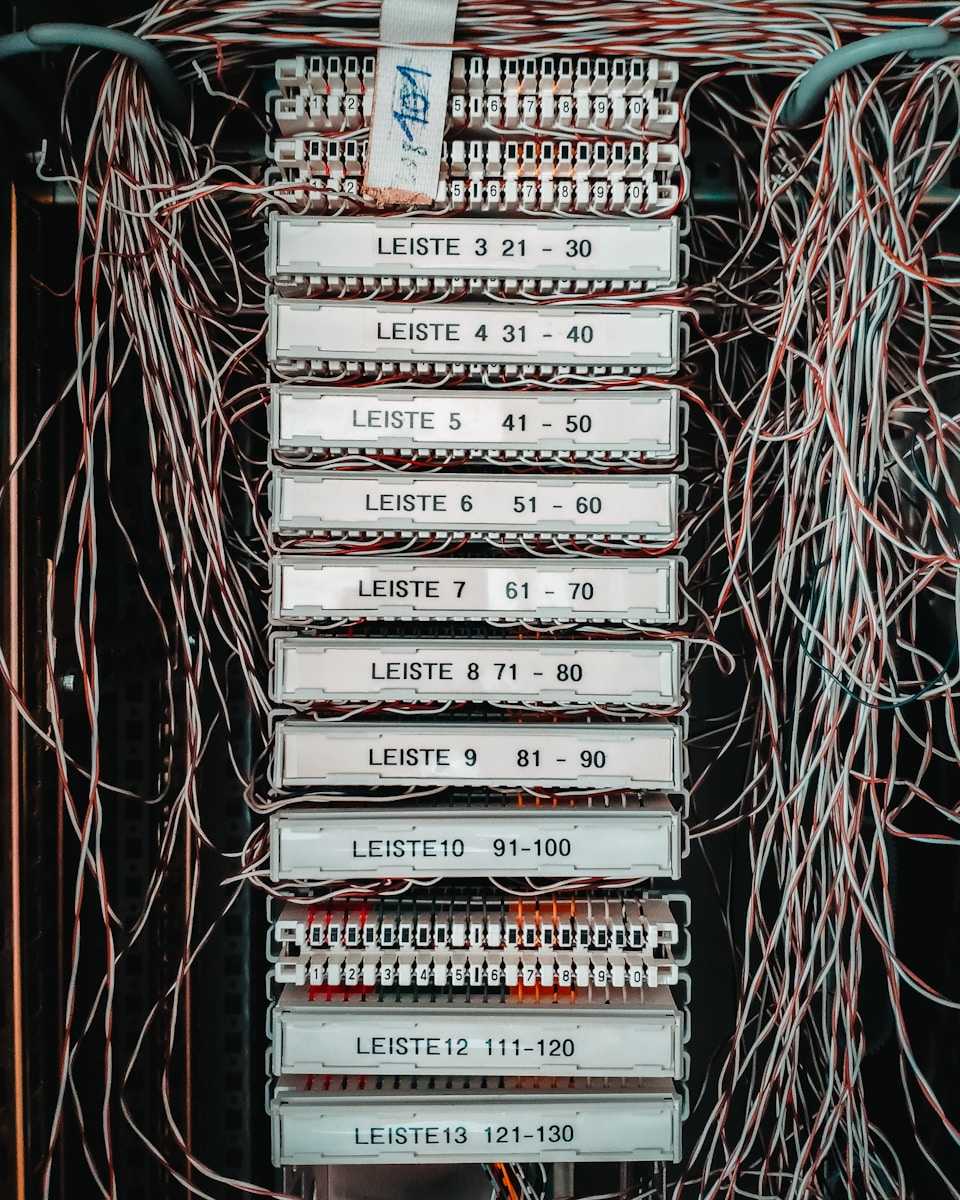Rollups – bundled transaction processing
Adopting rollups significantly enhances Ethereum’s throughput by aggregating multiple operations off-chain before submitting concise proofs on the mainnet. This method reduces on-chain load, enabling thousands of verifications per second compared to Ethereum’s baseline capacity. Optimistic and zk variants offer distinct trade-offs: optimistic rollups rely on fraud proofs and challenge periods, while zk rollups utilize validity … Read more










